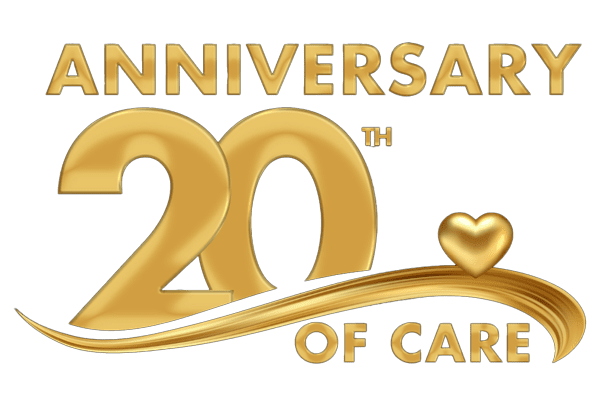
LATEST NEWS
Depression: Mental Health Problems Among Us
LifeCare Diagnostic
July 5, 2021
Depression is the most easily recognized mood disorder in which an individual is in an extremely depressed mood state that lasts for at least 2 weeks. Depression can affect anyone, even individuals who seem to live in a relatively ideal environment. Not only adults, children and elderly may also suffer from depression.
According to Diagnostic and Statistical Manual of Mental Disorders (DSM-5), people who suffer with depression will have the following significant symptoms, occurring most of the day or nearly every day (American Psychiatric Association, 2013):
- Depressed mood
- Diminished interest or pleasure in most daily activities
- Significant weight loss when not dieting, weight gain or decrease/increase in appetite
- Insomnia or hypersomnia
- Noticeable psychomotor agitation or retardation
- Fatigue or loss of energy
- Feeling worthlessness or excessive guilt
- Diminished ability to think, concentrate or make decisions
- Recurrent thoughts of death, suicide ideation or suicide attempt
- Clinically significant distress or impairment

Why causes depression?
- Genetics: Family members who are having a history of depression
- Biochemistry: Certain chemicals in the brain might contribute to symptoms of depression
- Personality: People with low self-esteem or hard to tolerate with stressful events
- Environmental factors: People who always expose to depress environment or undergo some traumatic event in their past
Tips to cope with depression:
- Contact family/friends/NGOs to seek for help and emotional support
- Improve your sleep hygiene
- Improve your eating habits
- Learn to stop negative thoughts
- Beat procrastination
- Explore activities that makes you happy
(Eg: Cuddling your pet, listening to music)
How can we help in depression?
According to past studies, clinical neurofeedback training was found to improve depressive symptoms and executive functioning level of individuals (Cheon, 2013; Lee et al., 2019). Clinical neurofeedback is a non-invasive, safe, and natural treatment method with non-side effects (Rogel et al., 2015). Individuals who are suffering depression are mainly having a slow function in their frontal lobe. By reducing the slow waves in the frontal lobe, the individual will be having a better motivation and emotional regulation which is able to reduce the symptoms of depression in their daily life.
Besides, by undergoing clinical hypnotherapy or cognitive behavioural hypnotherapy sessions, it can assist in exploring the potential root cause of a person’s depression and how to cope with it. For example, past traumatic events could also be a major issue causing individuals facing depression. By using EMDR therapy to explore those past events that are still upsetting or disturbing an individual. Not only that, by using different techniques such as Expressive Art Therapy can have a clearer understanding on a person’s unconscious state of mind and also to provide psychoeducation and positive suggestion into an individual mind. Get more info today at New Mind Brain Health Centre at Wisma LifeCare via WhatsApp +60167154419 or email newmindcentre@gmail.com for more information.


